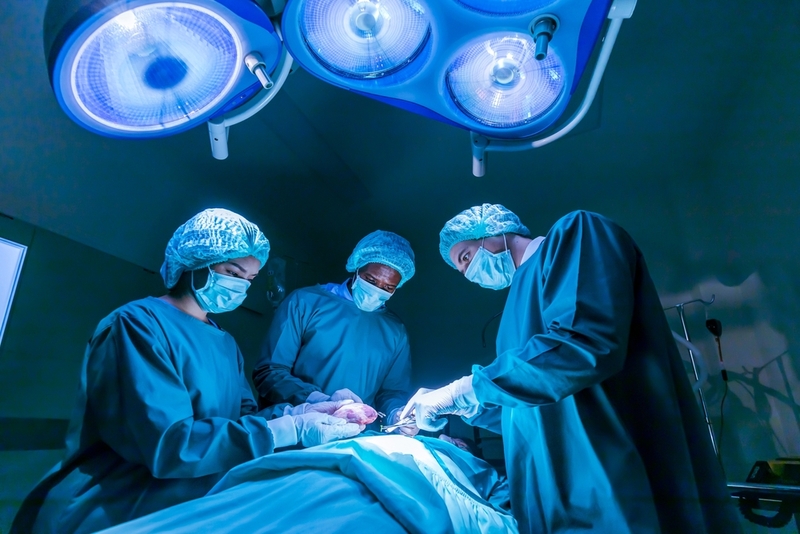Superpowers aren’t always limited to the silver screen, and most historical predictions have been little more than a wild guess, but a few have hit the nail on the head. Let’s take a look at these predictions that actually came true. While humans can’t fly yet or even live forever, some have mastered the art of foresight, and these instances prove that.
Nikola Tesla Predicted Wi-Fi
Nikola Tesla was not only a wonderful scientist and inventor but also a talented futurist, making multiple precise forecasts about the advancement of technology beyond his time. The renowned scientist anticipated the creation of Wi-Fi and mobile phones in a 1909 interview with the New York Times decades before they were invented. ‘It will soon be feasible to send wireless signals worldwide in such a simple way that any individual can own and operate his own apparatus,’ said Tesla. In another interview in 1929, Tesla spoke of the creation of the internet more than 50 years before it came to be and said that when wireless technology is perfectly implemented, the entire planet will be transformed into a massive brain.

John Elfreth Watkins, a relatively unknown American engineer, authored an article titled “What May Happen in the Next Hundred Years.” He wrote it in December 1900, and many of his ideas were extremely ahead of their time. For instance, the invention of new photographic technology was one such prediction. His article stated that photographs from any distance will be telegraphed. He also spoke about color photography. Watkins was exhibiting extraordinary vision because not only was color photography still in its early stages in 1900, but the idea that a camera could broadcast images worldwide was beyond anything anyone was saying at the time. The genius struck again. In the same article, one of his most stunning predictions was that of television. He spoke of cameras being electronically linked to display pictures more than thousands of kilometers apart.
Robert Boyle Predicted Organ Transplants
Robert Boyle is widely regarded as the first modern chemist and one of the pioneers of modern chemistry. He is best known for Boyle’s Law, an experimental gas law concerning the pressure and volume of a gas. He is also noted for predicting that organ transplants would become a reality someday. Boyle talked about the healing of ailments at a distance or at least via transplantation in the mid-17th century. Can you believe it! The first successful organ transplant was performed at Brigham Hospital in Boston in 1954, meaning Boyle anticipated the first organ transplant 300 years earlier.
